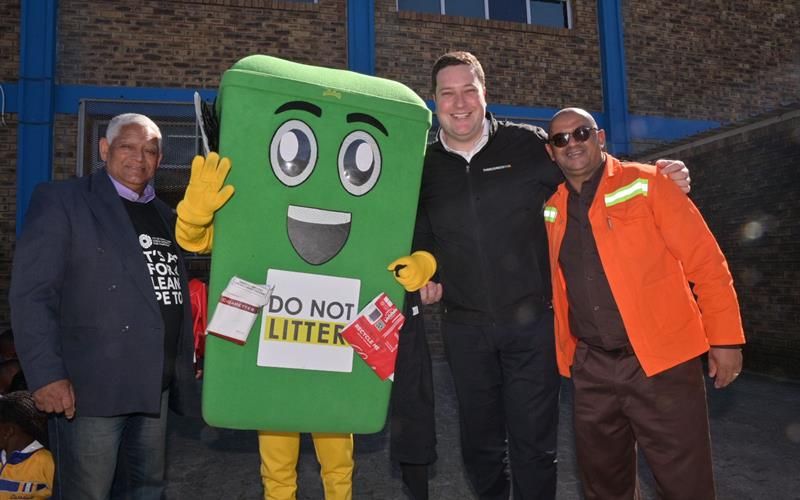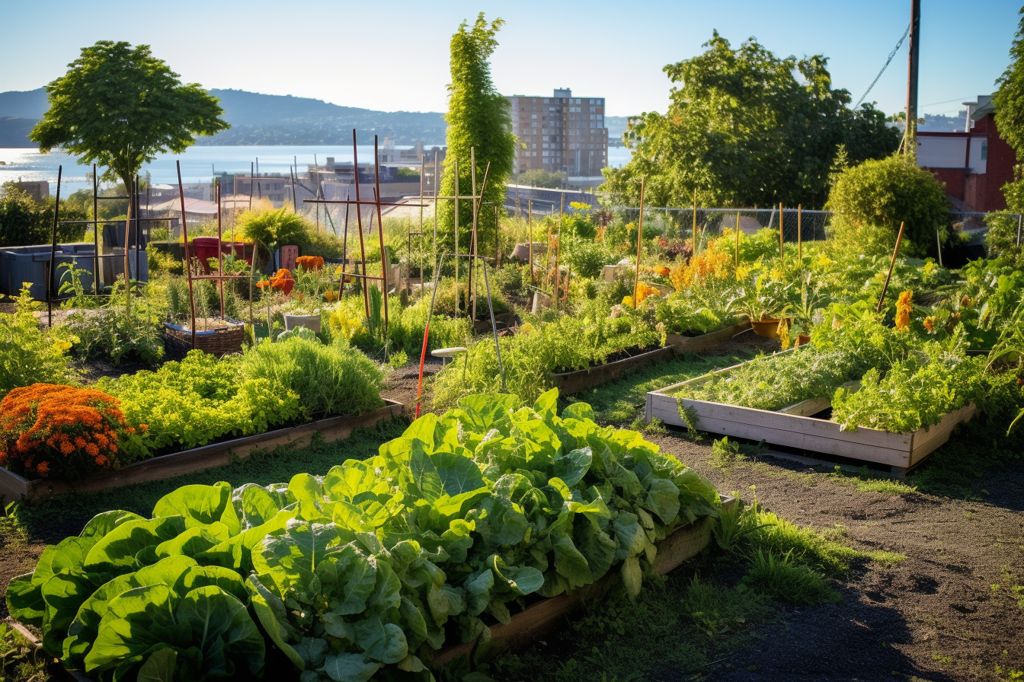It has been a year since the tailings dam in Jagersfontein collapsed, causing severe damage to the environment, water resources, and human lives. The Department of Water and Sanitation (DWS) has taken a multifaceted approach to address the aftermath of the tragedy. The goal is to hold responsible parties accountable, rehabilitate polluted water resources, restore water and sanitation services, and prevent such disasters in the future.
Holding the Responsible Parties Accountable
On November 4, 2022, the DWS opened a criminal case against the Jagersfontein Development (JD) mining company for violating Section 151 of the National Water Act (NWA) of 1998. This was in response to the dam collapse on September 11, 2022, which resulted in loss of life, displacement of people, and damage to the environment and water resources. Evidence collection and scientific and engineering information gathering by DWS has been completed. The alleged transgressor will receive a warning statement before the case is handed to the National Prosecution Authority (NPA).
Preventing Similar Disasters
To prevent future disasters, DWS issued directives to JD, requiring them to hire an Approved Professional Person (APP) to oversee the emptying of remaining compartment-2 of the Tailings Storage Facility (TSF) and assist in the decommissioning of the tailings dam. An APP conducted a Dam Breach Analysis to assess the risk of compartment 2 failing. DWS received a report on the remaining risk. While the decanting of compartment 2 started in August 2023, the tailings dam is considered unsafe until the process is complete. To enhance regulation and prevent similar incidents, DWS commissioned the Universities of Pretoria and Witwatersrand to investigate the causes of the Jagersfontein TSF failure, with a conclusion expected by March 2024.
Regulating Tailings Dams
In April 2023, DWS called on mining houses nationwide to register tailings dams that could pose safety risks. Dams with a wall height exceeding 5 meters and capable of storing 50,000 cubic meters of liquid must be registered. DWS will gazette a notice to enforce compliance and impose sanctions on non-compliant mining houses. Satellite technology is used to identify possible non-compliant tailings storage facilities, with assistance from the Department of Mineral Resources and Energy (DMRE).
Rehabilitation Process
JD was directed to restore and rehabilitate watercourses affected by the dam failure, including Wolwas dam, Kromellenboog River, Proses Spruit, Riet River, and Kalkfontein Dam. The rehabilitation process involves containing deposited slimes, removing sludge from flow paths, dams, slopes, and landscapes, and applying bioremediation techniques. DWS is monitoring the impact on surface and groundwater quality, assessing monthly water quality results submitted by JD as per their directive. Progress has been made in clearing residue from watercourses and improving water quality.
Restoring Water and Sanitation Services
DWS is collaborating with the Kopanong Local Municipality to restore water and sanitation services in the area. The Regional Bulk Infrastructure Grant (RBIG) and Water Services Infrastructure Grant (WSIG) provide support, with R2 million and R16.8 million allocated respectively to the municipality for the current financial year. The Jagersfontein Water Treatment Works’ capacity has increased from two to four megaliters per day under the RBIG to meet demand. The Jagersfontein Waste Water Treatment Works has also been refurbished with support from the JD mine. These interventions form part of the Xhariep District Five Year Reliable Water Services Master Plan, which includes a turnaround strategy for the Kopanong municipality. The strategy focuses on addressing water and sanitation challenges, upgrading wastewater treatment plants, constructing a reclamation dam, and installing water meters to improve revenue collection.








